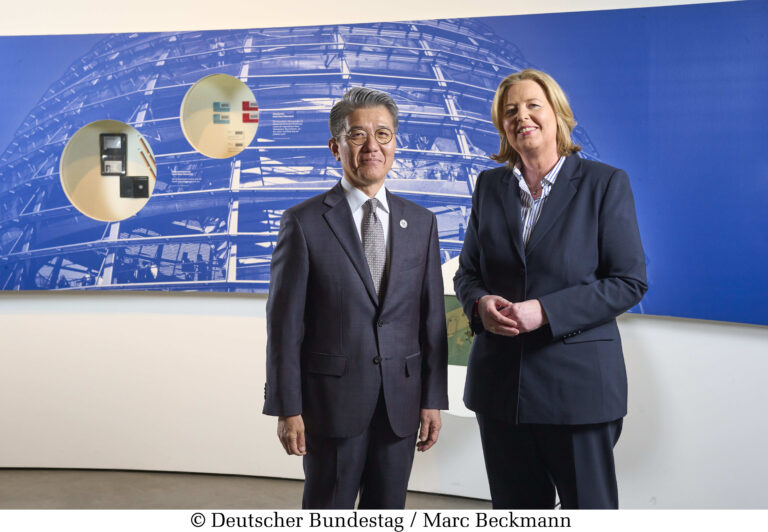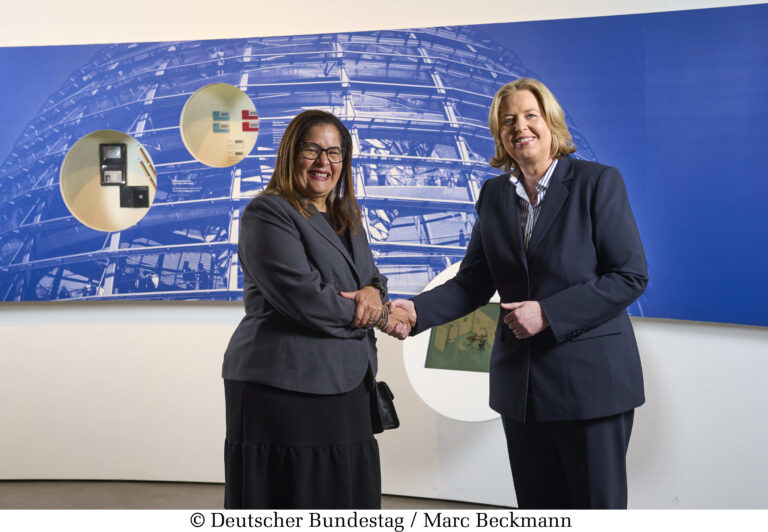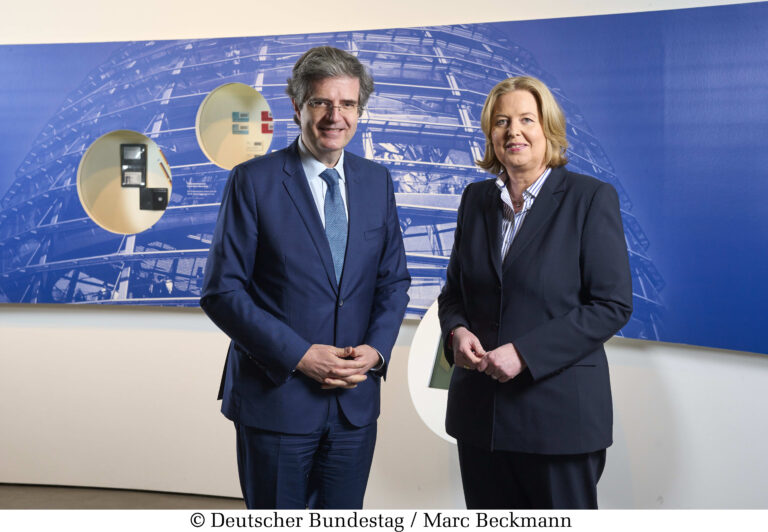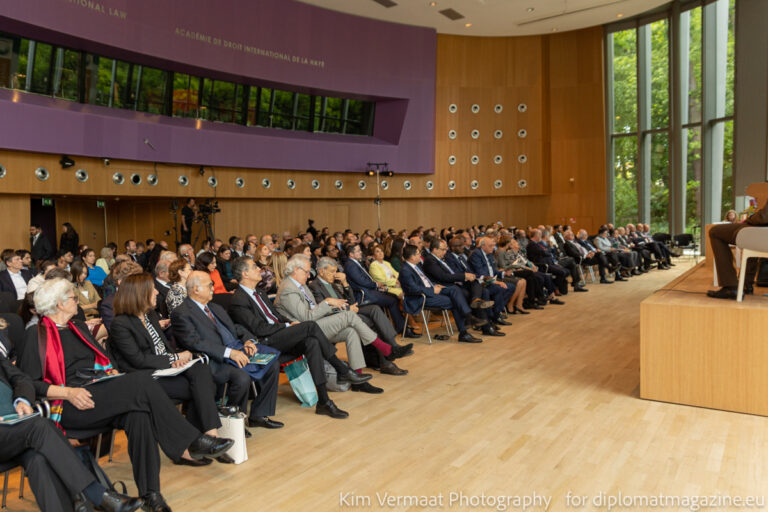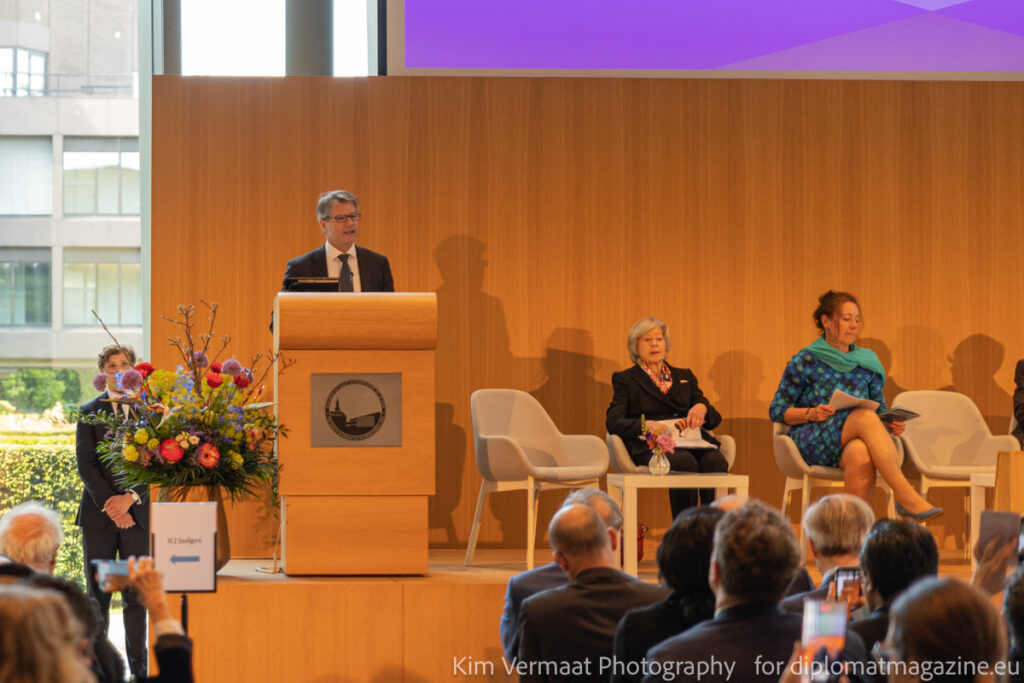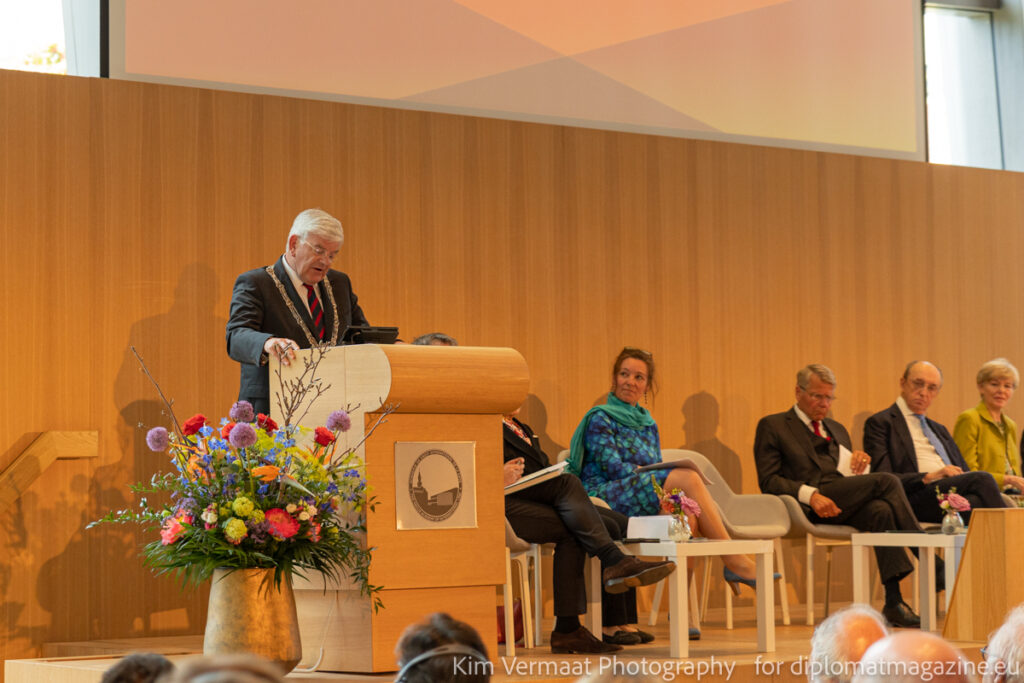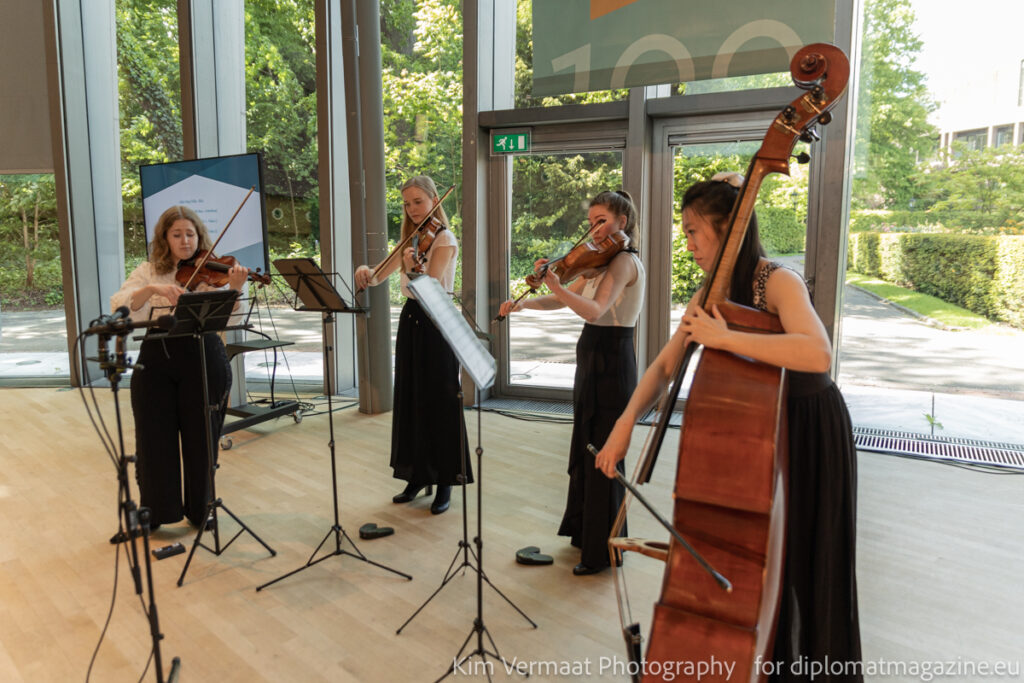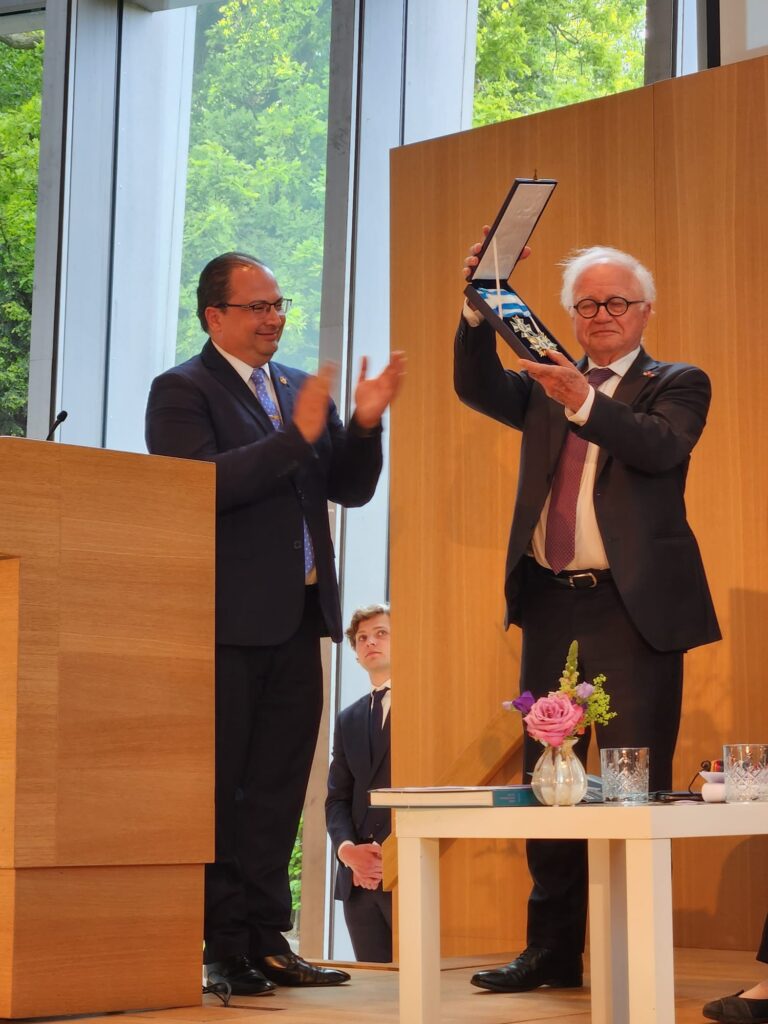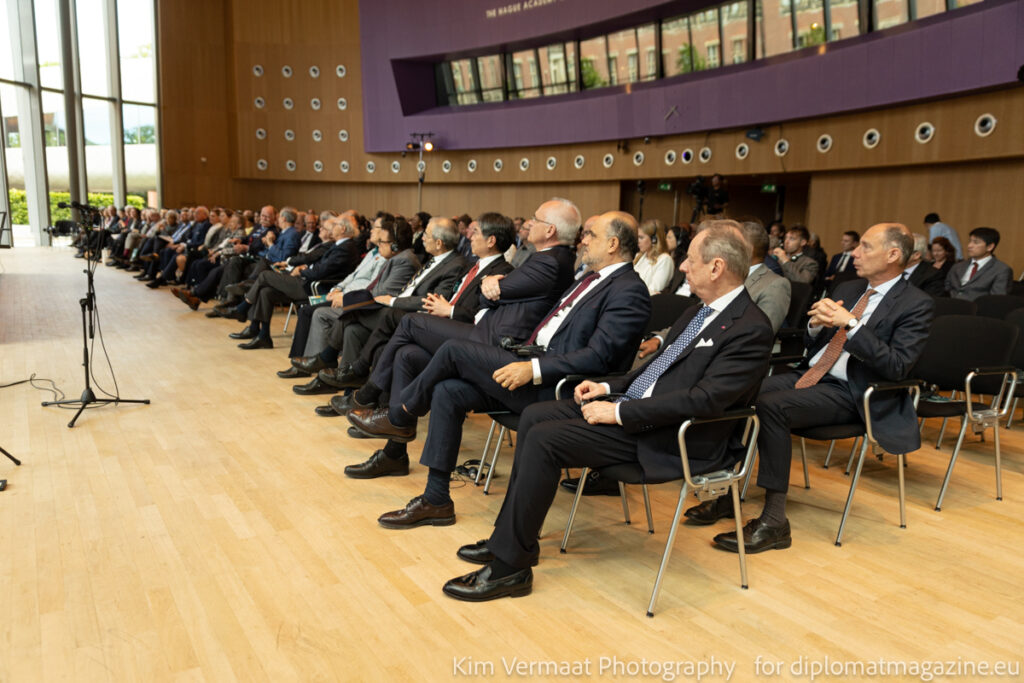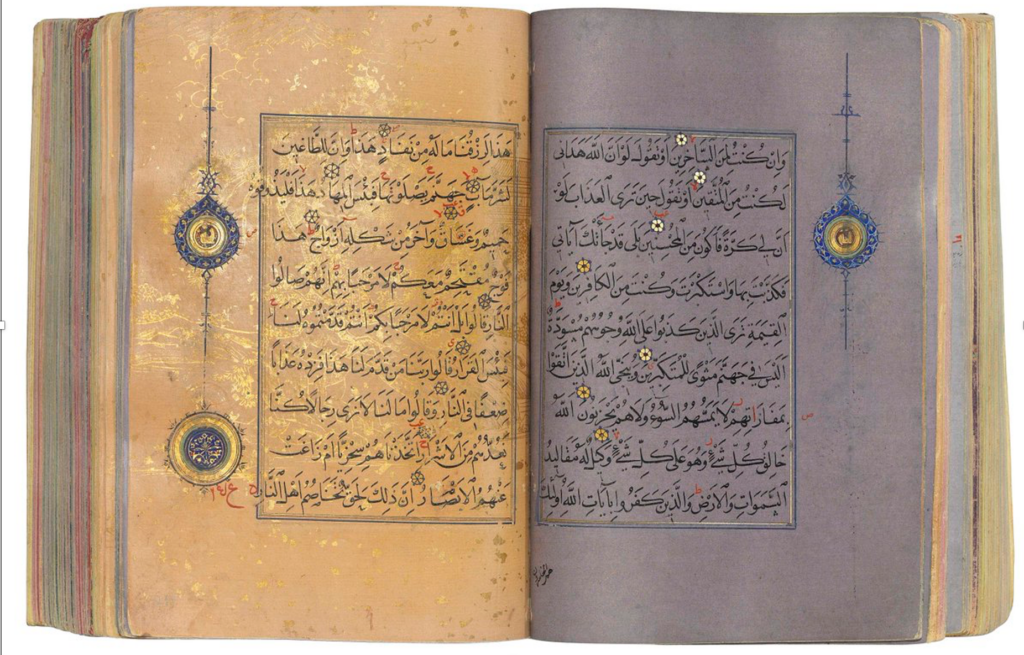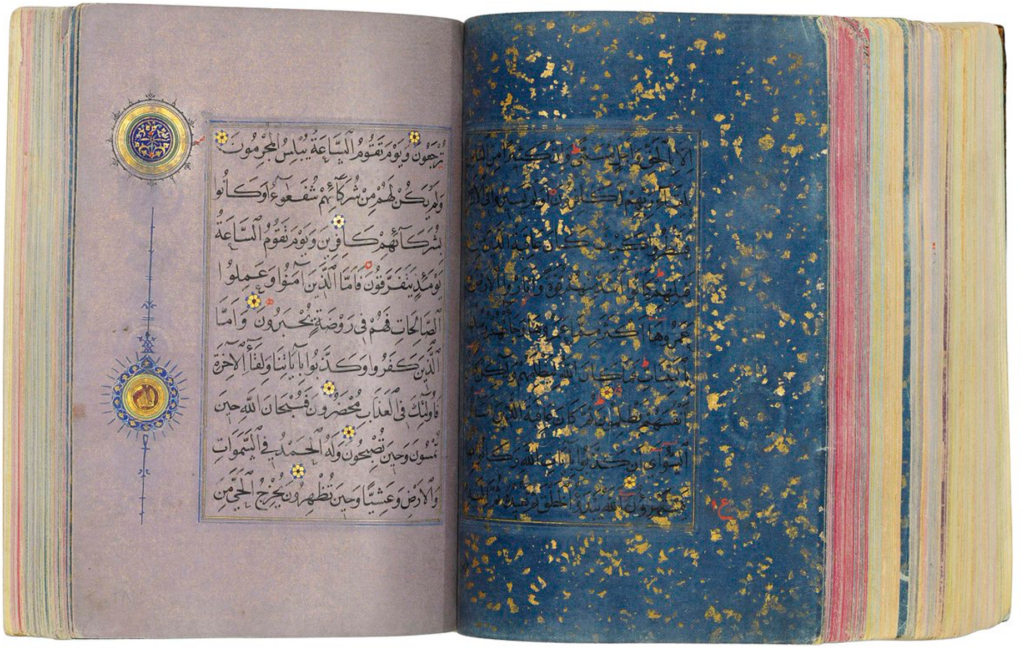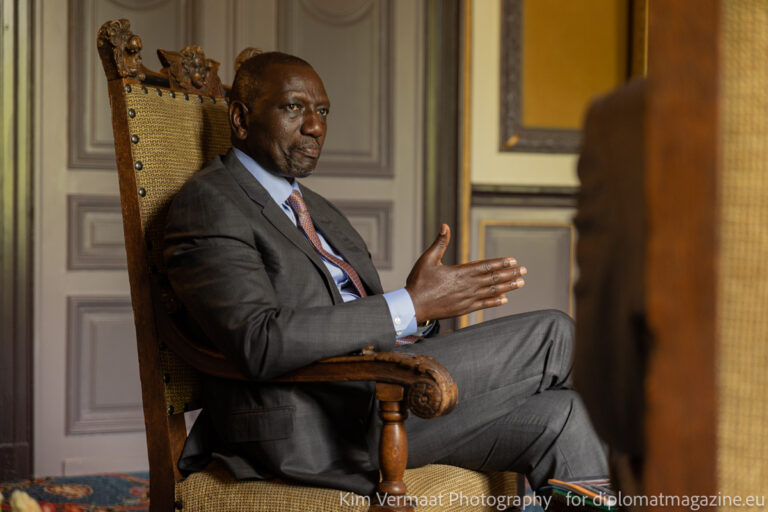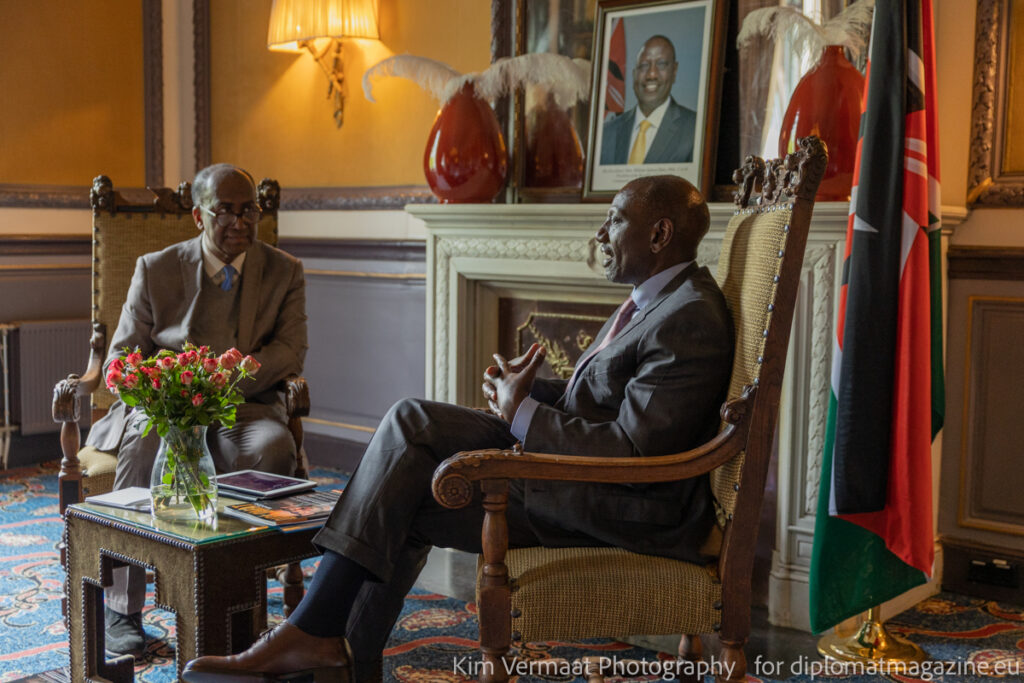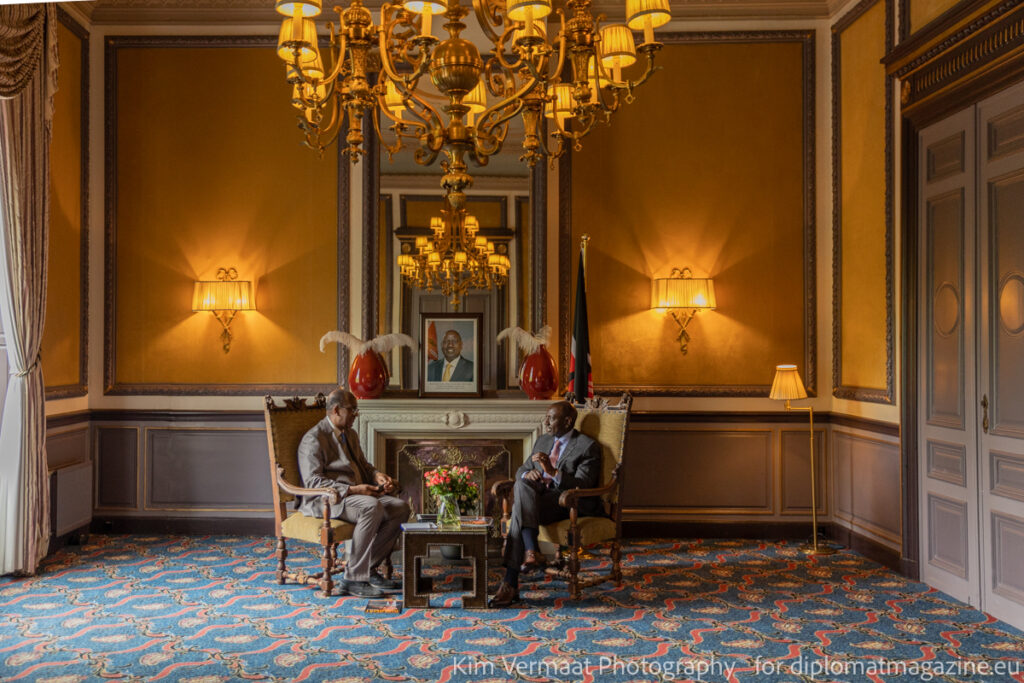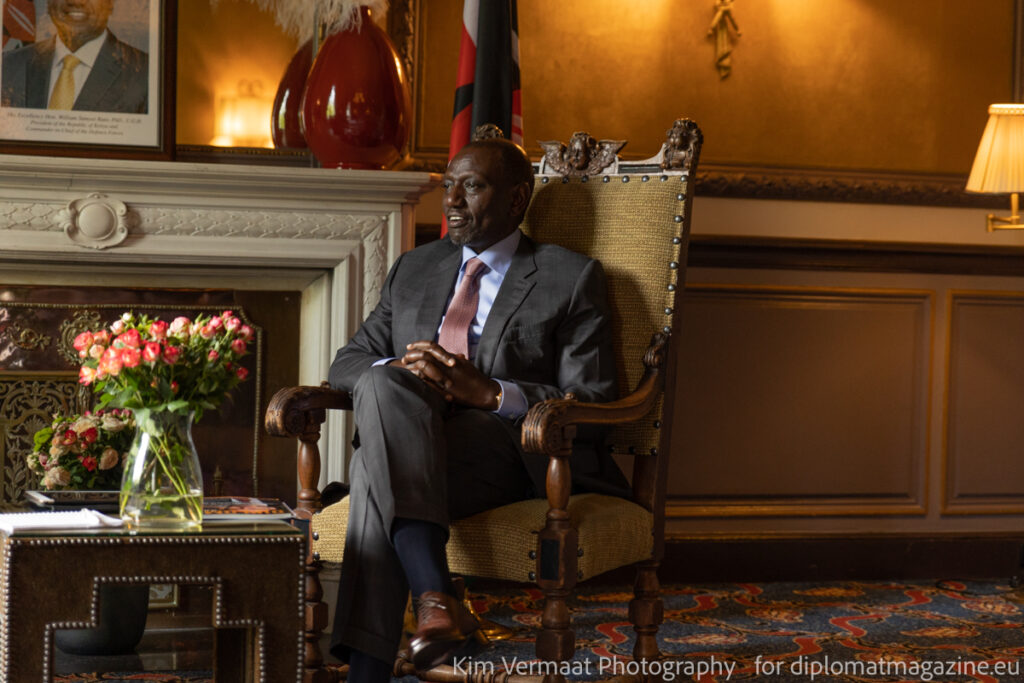By Shokhruhhuja Fakhriddinkhujaev
In recent years, the Government of the Republic of Uzbekistan has been paying increased attention to the extraction, processing of non-ferrous metals and the production of high-value-added products from them. The non-ferrous metallurgy industry is considered as a potential driver of the economy.
Current status
As known, Uzbekistan has significant reserves of non-ferrous metals. Proven reserves of gold in Uzbekistan amount to 6.4 thousand tons, silver — 24.6 thousand tons, copper — 21.3 million tons. Significant reserves of non-ferrous metals create the potential to attract investment in the extraction, processing and increasing exports of non-ferrous metals and products from them. In this regard, one of the priorities of the economic policy of the Government of Uzbekistan has become the implementation of reforms in this sector.
It is indicative that over the past 6 years, the share of the physical volume of the metallurgical industry in the manufacturing industry has increased from 11% to 24%. For 11 months of 2022, the volume of production amounted to 97.8 trillion sums, which is 10 times more than in 2016.
The production of non-ferrous metals in the period January-November 2022 also showed an increase. In particular, the production of copper and its products at large enterprises increased by 3.3% compared to the same period in 2021 and reached 184 thousand tons, the production of zinc and its products increased by 1.3% to 83.6 thousand tons, and lead and its products decreased by 20% to 8.1 thousand tons.
The export of non-ferrous metals provides tangible foreign exchange earnings to the economy. In general, copper exports for 10 months of 2022 increased by 0.4% to $954 million, zinc by 30% to $ 213 million, lead decreased by 39% to $6.5 million, aluminum increased by 10% to $48.6 million. Also, gold exports for 11 months of 2022 decreased by 14.2% to $3.6 billion.
The reforms carried out to attract foreign direct investment (FDI) are bearing fruit. Thus, the volume of FDI in the mining industry in 2021 amounted to $1.2 billion, in 2022 it will amount to $1.3 billion, and in 2023 it is expected to reach $1.5 billion. Most of the investments are accounted for by the flagships of non-ferrous metallurgy in Uzbekistan – Almalyk Mining and Metallurgical Combine (Almalyk MMC) (64%) and Navoi Mining and Metallurgical Combine (Navoi MMC) (28.5%).
Flagships of non-ferrous metallurgy
Almalyk MMC. Almalyk MMC was founded in 1949 and is 98.8% owned by the Government of Uzbekistan through the State Asset Management Agency. Almalyk MMC accounts for 9% of budget revenues, which makes the plant the second largest industrial enterprise in the country. The plant produces more than 100 types of goods, it employs 35 thousand employees. The plant has 3 open pits and 4 underground mines, as well as 5 processing enterprises and 2 metallurgical complexes.
The main activity of Almalyk MMC is the extraction and enrichment of sulfide, gold-bearing and polymetallic ores, followed by the production of refined copper, zinc metal, precious and rare metals, as well as secondary products and alloys based on them. The plant is the only producer of primary copper in the country.
The production capacity of Almalyk MMC in 2021 amounted to 148 thousand tons of copper cathode, 17 tons of gold and 196 tons of silver, and the company’s revenue for 2021 amounted to $2.9 billion. The volume of exports in 2022 amounted to $942.1 million (of which copper — $637.2 million, zinc — $210.7 million, lead — $26 million and other products — $68.2 million).
Navoi MMC. Navoi MMC was founded in 1958 and is 100% owned by the Government of Uzbekistan through the Ministry of Finance. Navoi MMC accounts for 18% of the country’s budget revenues, which makes the plant the largest industrial enterprise in the country, it employs 58 thousand employees. The main activity of the enterprise is the extraction and processing of gold, the production volume is about 80 tons of gold per year. The main resource base of the Navoi MMC is the Muruntau mine, which is considered the largest by area in the world.
In the first half of 2022, the total volume of gold sales of Navoi MMC increased by 7% compared to the same period of the previous year and amounted to 1.4 million ounces, which brought a profit of $2.6 billion. Profit for the year due to gold increased by 11%, where 4% were due to an increase in the selling price of gold, and the remaining 7% correspond to an increase in gold sales.
Using competitive advantages
Large reserves of non-ferrous metals create competitive advantages for the development of a number of industrial sectors, which gives impetus to the intensive technological development of the country.
In the era of transition to a “green” economy, environmentally friendly energy sources and products, the demand for non-ferrous metals, in particular, for copper and products made from it, is dynamically increasing. To date, global copper production is inferior to the growth in demand for it. According to analysts, by 2030, the demand for copper will grow by 45% and reach 38 thousand tons per year, which will be due to an increase in demand for electric vehicles and the development of infrastructure for the “green” industry. At the same time, production will remain below demand.
Naturally, Uzbekistan, in the presence of significant reserves of non-ferrous metals, seeks to take advantage of its comparative advantages. In order to accelerate the disclosure of the existing potential of the metallurgical industry in Uzbekistan, a number of resolutions and Strategies have been adopted in recent years to develop the production of non-ferrous metals and products made from them.
The trajectory of ongoing reforms
As part of the further expansion of the country’s potential and increasing competitiveness in the world market, the Decree of the President of the Republic of Uzbekistan No. PP-4731 dated May 26, 2020 “On additional measures to expand the production of non-ferrous and precious metals based on the deposits of Almalyk MMC JSC” was adopted, which provides for the implementation of a strategy to increase the production of non-ferrous and precious metals.
In June 2021, the Presidential Decree PP-5159 “On additional measures for the development of the mining and metallurgical industry and related industries” was adopted, which in turn will increase copper production more than twice.
The resolution provides for the creation of a Scientific and Technological Cluster for the production of copper products and finished products with high added value from it. The main goal of the cluster is the creation of new high-tech industries, as well as providing them with the necessary resources, the production of equipment and the development of mechanical engineering for the mining industry.
Another purpose of the resolution is the implementation of a system of interaction between science and production for the development of communication between systems of design and engineering services, research and development work, the transfer of modern technologies, the introduction of innovations and digital technologies within the Cluster of the copper industry based on advanced foreign experience.
To increase copper production in 2022, a new technopark based on the Copper Cluster was created in the Akhangaran district of the Tashkent region (Ohangaron Tech Industrial technopark). The basis for the creation of the technopark was the Decree of the President of the Republic of Uzbekistan No. PP-295 dated June 28, 2022 “On measures to expand the technological chains of processing copper raw materials and raw materials of rare metals“. The main goal of the technopark is the production of import-substituting, export-oriented products with high added value by processing copper and raw materials of rare metals.
In addition, the “Development Strategy of New Uzbekistan for 2022-2026” covers all spheres of activity, in particular, the sphere of the metallurgical industry. The objectives of the Strategy include the implementation of major investment projects in the field of metallurgy and the expansion of the mineral resource base necessary for the economy.
The key objectives set within the framework of the Strategy are to attract investments in the metallurgical industry, the development of the Yeshlik I mine (the project cost is $2 billion), which provides for the prospective development of the field and the acceleration of geological survey work. In particular, due to the solution of these tasks, by 2028, the production of copper cathode will be increased to 400 thousand tons, gold to 50 tons and silver to 270 tons per year. In accordance with the Strategy, it is planned to implement 16 investment projects worth $1.6 billion until 2026 in Navoi MMC.
In general, the republic is expected to increase the production of high-value-added products due to deep processing of copper and zinc, in particular, the production of tapes, wires and other products based on copper and zinc will increase to 10 thousand tons, and copper powder up to 2 thousand tons.
Conclusion
In conclusion, it should be emphasized that in recent years, large-scale reforms have been carried out in the field of non-ferrous metallurgy, which give a powerful impetus to the entire economy of the country. Further implementation of short- and long-term strategies, as well as the introduction of new capacities in the field of non-ferrous metallurgy will increase the production potential of this sphere and the country as a whole, as well as the competitiveness of domestic enterprises.
About the author:
Shokhruhhuja Fakhriddinkhujaev, Center for Economic Research and Reforms[1] under the Administration of the President of the Republic of Uzbekistan
[1] The Center for Economic Research and Reforms (CERR) under the Administration of the President of the Republic of Uzbekistan is both a research center and an Accelerator of socio-economic reforms. CERR provides comments and advice on suggestions for socio-economic programming and policies by the Ministries to solve the main development issues in a swift, operational and efficient way. CERR is in the Central Asian Top-10 by the «Global Go To Think Tank Index Report 2020» (USA).

